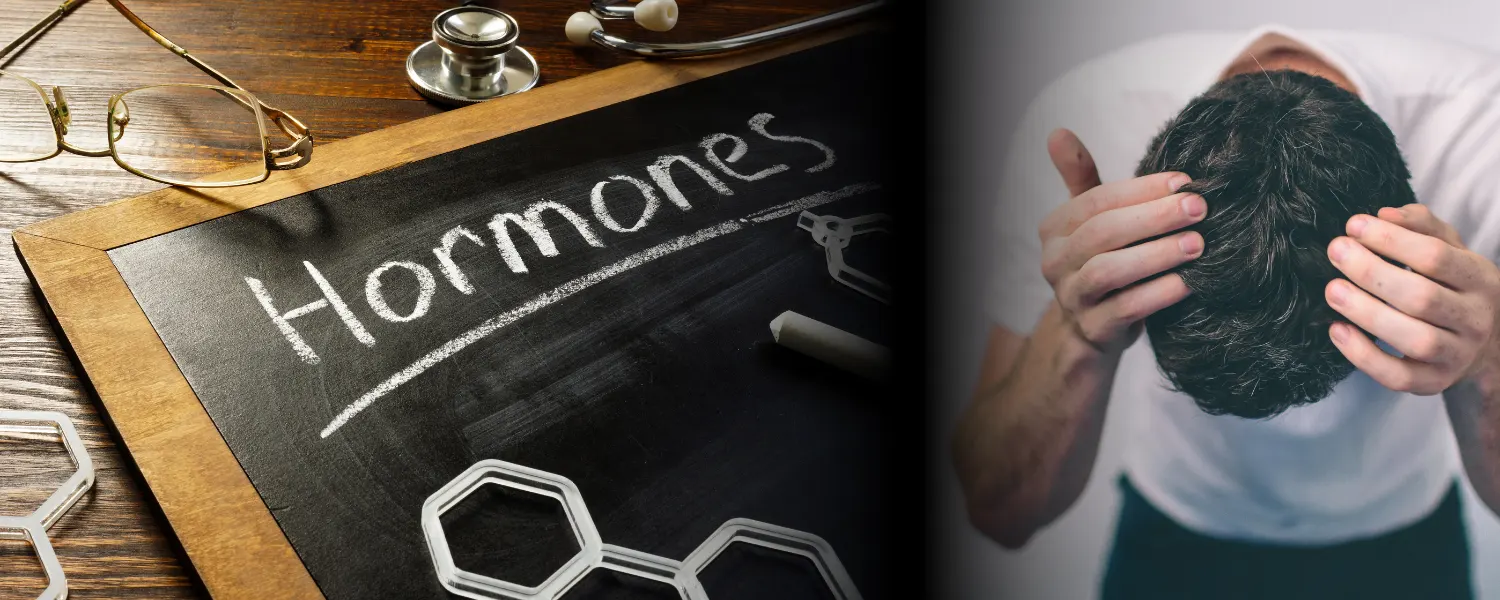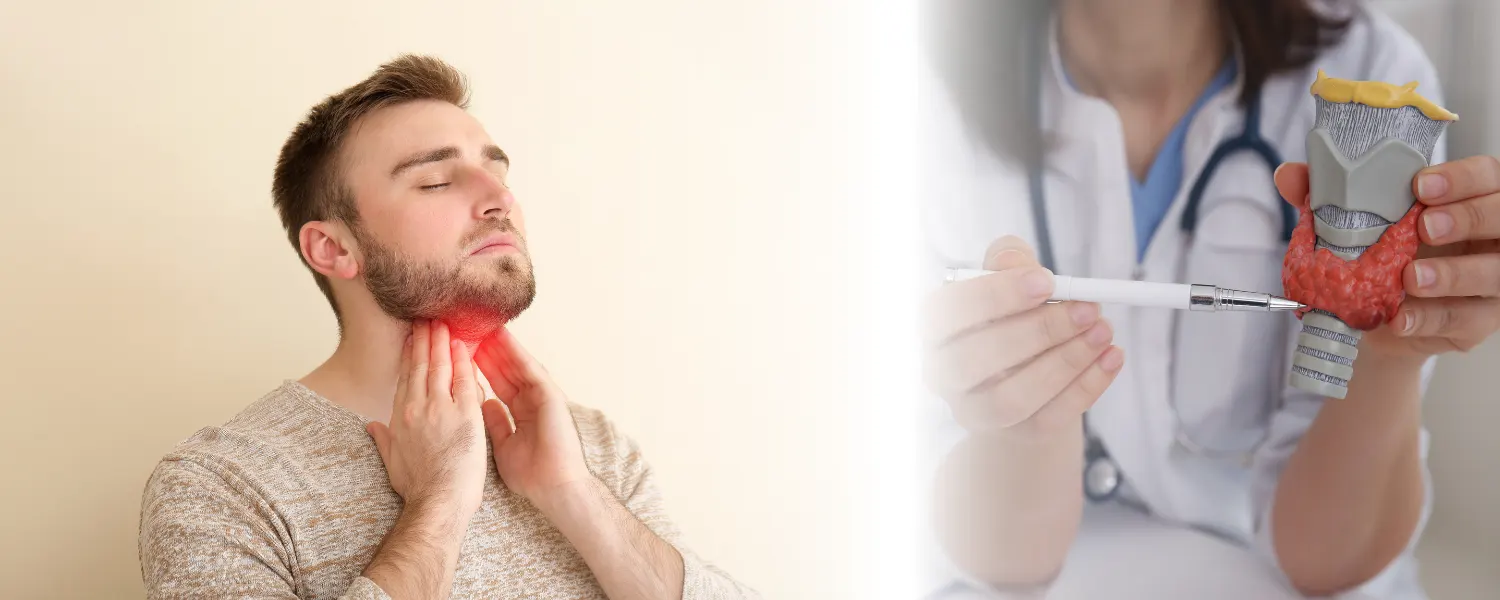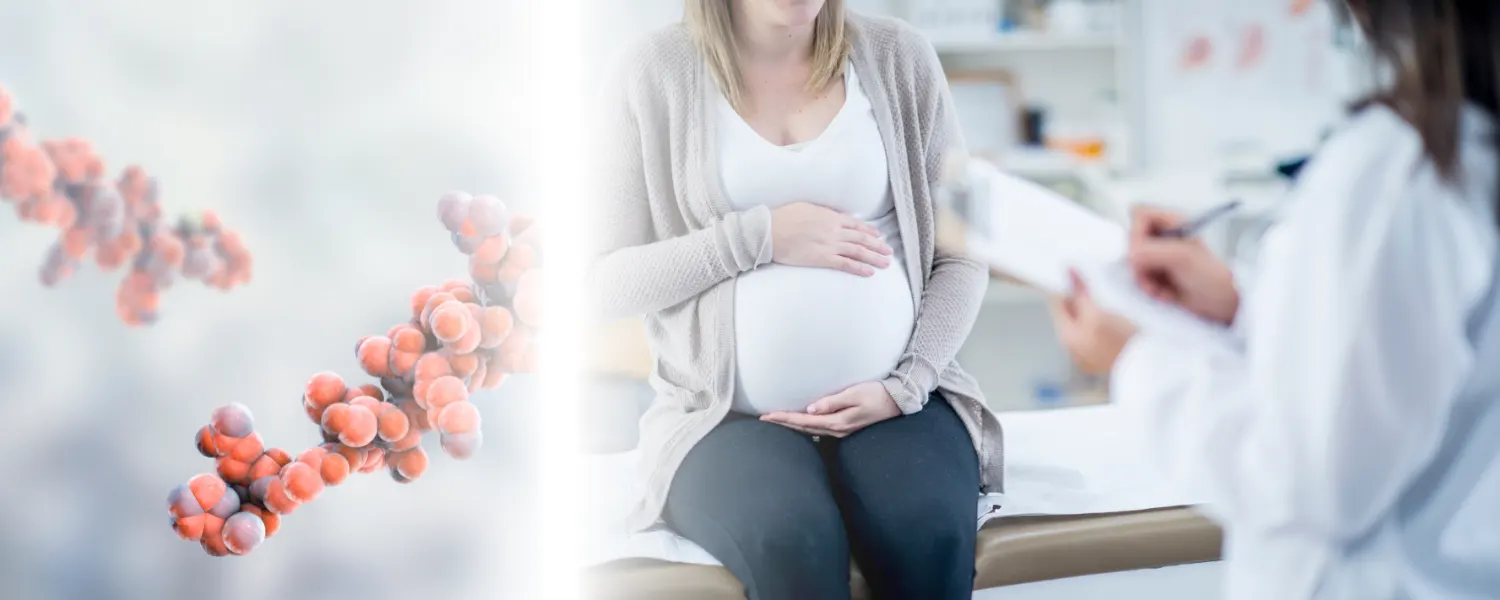Hormones and Hair Loss

The impact of hormonal changes and imbalance on your hair can be profound. Know the signs and what you can do about hormone-related hair loss.
Of the many contributing factors to hair loss, your hormones play a big part. From excess DHT to thyroid imbalance, menopause and pregnancy, there is no shortage of hormonal swings that can occur. Of course, it’s a natural part of life, but in the interest of hair loss? There’s cause for concern.
We’re gonna have a look at some of the ways hormonal imbalances contribute to hair loss and some things you can do about it. Remember, hair loss is a complex issue and so there is no one-size-fits-all fix for it. However, the more factors you identify, the better your chances of keeping strong, healthy hair.
Different Hormones and How They Affect on Your Hair
Androgenetic Alopecia
Androgenetic alopecia, more commonly known as male or female pattern hair loss, occurs when DHT hormones bind to androgen receptors in the hair follicles. DHT (dihydrotestosterone) is the more potent derivative of testosterone. When the DHT binds with the androgen receptors, it causes the hair follicles to shrink. Over time, hairs produced by these follicles are thinner and shorter and, eventually, they may not even grow at all.
Getting your DHT levels checked is a great first step when you’re looking to stabilize hair thinning and loss. Natural and prescription-grade DHT inhibitors are available and could go a long way in controlling your hair loss.
Thyroid Imbalance

Thyroid hormones are a big part of regulating your hair growth cycle. So, if your thyroid is imbalanced in any way, it can severely disrupt this cycle.
For instance, if you experience hypothyroidism, your thyroid gland is not producing enough thyroid hormones. The deficiency slows down your metabolism and cellular functions, including those connected with hair growth. Symptoms of this would include dry, brittle hair. As well as hair loss across the scalp.
Conversely, if you experience hyperthyroidism, your thyroid gland produces too much thyroid hormone. The overproduction accelerates the metabolism and can cause hair to become thin, fine, and brittle. Over time this leads to shedding and overall thinning.
Thyroid imbalance quietly, but effectively, contributes to hair loss, but can have many other adverse impacts on your health. Checking in on your thyroid balance could be a big help to your hair, and you!
Menopause
Menopause can have a significant impact on hair loss due to changing hormones at that point in a woman’s life. While there’s no way to avoid menopause, there are certainly some things you can do to help your hair during that phase of life.
Decline in hormones like estrogen and progesterone is a primary contributor. As these hormones work to keep hair in the anagen (growth) phase, their decline means a shorter life cycle in your hair which, over time, leads to thinning and increased shedding.
Another factor when estrogen and progesterone levels start to drop is that androgens (male hormones) become more pronounced. Androgens canshrink hair follicles and lead to androgenetic alopecia, more commonly known as female pattern baldness.
Generally speaking, hormonal changes disrupt the hair growth cycle, and sometimes severely. Here’s a few things you can do to minimize the damage to your hair:
- Stress Management – Easier said than done, but finding ways to reduce your stress is always important in the interest of maintaining healthy hair.
- Exercise – Another technique that’s easier said than done, but worthwhile. Regular exercise helps reduce stress and keeps all of your body’s functions working at their top level. Exercise also promotes healthy blood flow. Circulation to the scalp is paramount for your hair to maintain a normal growth cycle.
Healthy Diet – Including foods that are high in hair-positive vitamins and minerals like biotin, zinc, iron, vitamin D, and Omega-3 fatty acids. As always, staying hydrated is another key piece to the puzzle. Remember the old rule of thumb, if you’re wondering whether you’re drinking enough water – you probably aren’t!
Pregnancy and Postpartum

Similar to menopause, significant hormonal changes occur during pregnancy and postpartum. Although, in the case of pregnancy, many people tend to have the reverse effect. Rising estrogen levels prolong the anagen (growth) phase of the hair. As a result, many pregnant mothers actually see fuller, thicker hair growing in during their term.
Postpartum, however, can be a totally different story. Following childbirth, estrogen levels drop sharply, so many of those hairs that experienced a prolonged anagen phase will simultaneously enter into the telogen (resting) phase. This is a condition that is most often referred to as telogen effluvium. It can be alarming as it is generally characterized by sudden, mass shedding.
Additionally, pregnancy and breastfeeding also increase the body’s demand for nutrients. It’s fairly easy to become deficient in one or several nutrients that are essential to hair growth. While hair growth may not be such a high priority during that time, the lack of nutrients could lead to increased shedding, with enough time.
Managing hair loss during pregnancy and, more-so, during postpartum requires a very similar approach to that of menopause. Finding ways to reduce stress, eat healthy, and get some exercise will go a long way in combating hair loss during that time.
The Bottom Line
Hormones are a part of life, as we are all painfully aware of. This does not mean, however, that we’re at the mercy of whatever they decide they want to do. This is especially true for your hair. The key term when trying to combat hormone-related hair loss is balance. A visit to the doctor or a hair analysis test is a great way to find out if things need to be adjusted a little bit. After all, it’s your hair, your hormones, and your future!

